8. Crimes and Misdemeanors (1989, Woody Allen)
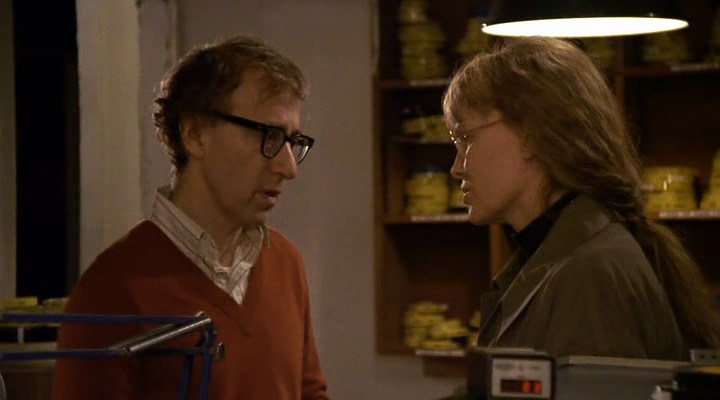
Combining satire and existentialism, “Crimes and Misdemeanors” follows two characters: Judah Rosenthal (Martin Landau) and Clifford Stern (Woody Allen).
Judah is a ophthalmologist involved in an affair with a flight attendant (Anjelica Huston), who threatens to inform his wife (Claire Bloom) of the affair after Judah refuses to end his marriage. Clifford is a filmmaker hired by his pompous brother-in-law (Alan Alda) to make a documentary about his life. While making the film, Clifford falls for his brother-in-law’s associate (Mia Farrow).
This movie asks a lot of daring questions: Can a good person commit an atrocious act? Can people truly be redeemed? Does God exist? And, if so, does he see all?
The film is among Woody Allen’s best. The script is intelligent, the acting is phenomenal, and despite its dark subject matter, the film is quite funny with even the emotional scenes ending with a laugh.
7. The Long Goodbye (1973, Robert Altman)
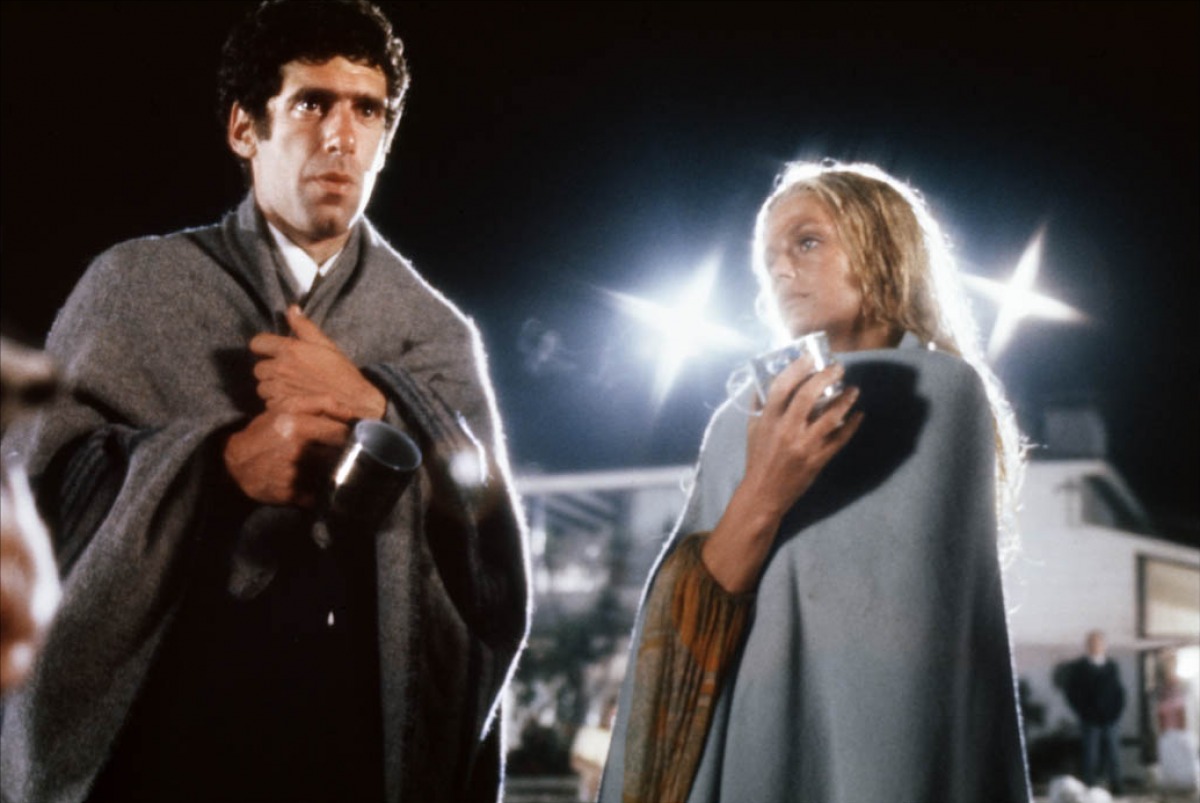
Robert Altman’s adaptation of Raymond Chandler’s “The Long Goodbye” is about private investigator Philip Marlowe’s (Elliott Gould) attempt at proving the innocence of his friend who has been accused of killing his wife. Meanwhile, Marlowe is hired by a woman (Nina van Pallandt) who asks him to find her missing husband, an alcoholic writer (Sterling Hayden) known for his destructive behavior.
“The Long Goodbye” deviated drastically from Chandler’s novel. The time period was moved from the 1940s to 1970’s Hollywood, and despite the change in setting, Marlowe was intentionally left unchanged. Altman does this to emphasize the contrast between Marlowe’s outdated personality with that of the morals of the 70s, shown especially well through Marlowe’s chain smoking, with him being the only character to smoke in a health-conscious city.
Don’t expect a typical detective film; the film deconstructs and subverts the cliches of the genre every chance it gets. The message is clear: the world Chandler created is fictitious. Our world is selfish and violent and these stories never play out like in the novels.
6. The King of Comedy (1982, Martin Scorsese)
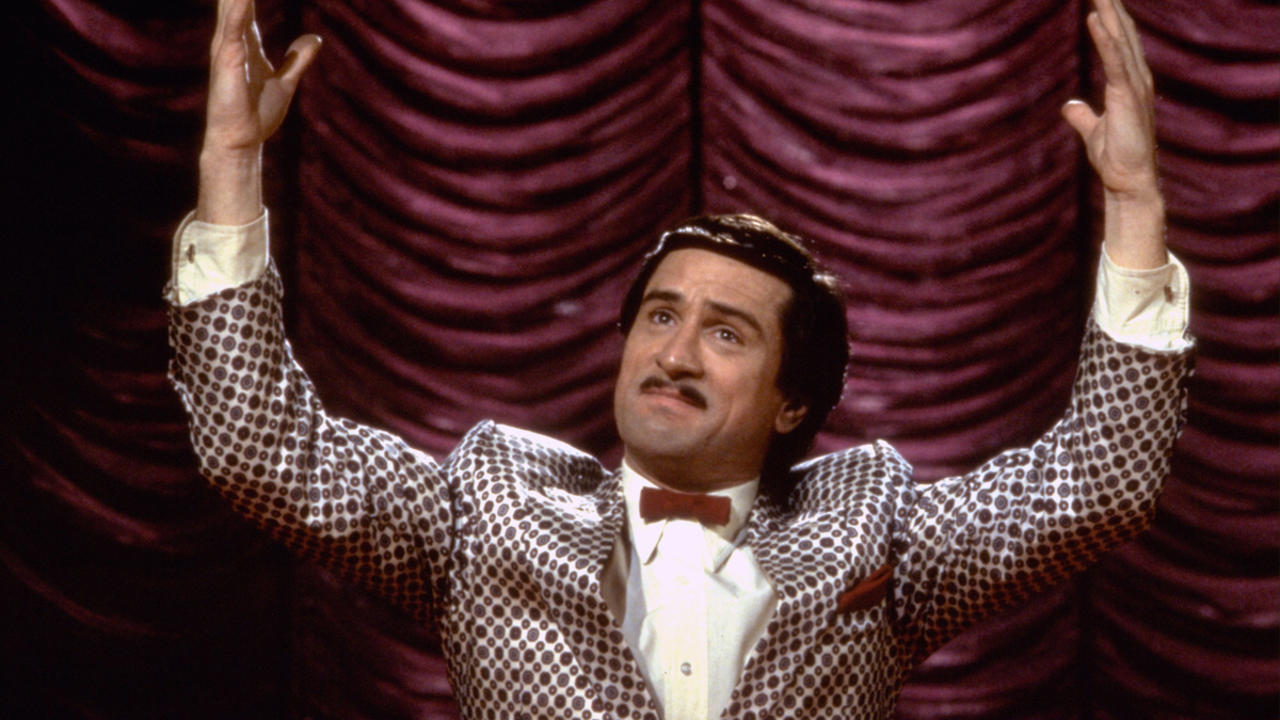
Rupert Pupkin (Robert De Niro) is a mentally unstable comedian trying to make a name for himself. After he meets respected comedian and talk show host Jerry Langford (Jerry Lewis), he becomes fixated on him and attempts to book an appearance on his show, but is turned down. Alongside Langford’s stalker (Sandra Bernhard), Rupert hatches a plot to kidnap him. As ransom, Rupert demands he be placed on Langford’s show.
The film’s main themes are celebrity obsession and the absurd lengths people will go to replicate the celebrity lifestyle, a theme that disturbed audiences upon its initial release. The highlight of the film is De Niro’s very underrated performance, which manages to be frightening, funny, and sympathetic all at once.
5. Happiness (1998, Todd Solondz)

Todd Solondz’s follow-up to “Welcome to the Dollhouse” was highly controversial due to its themes of pedophilia, rape, and childhood sexuality. The film intertwines the lives of several people who are all looking for happiness in ways that are unethical and disturbing.
The film primarily follows the three Jordan sisters: Joy (Jane Adams), Helen (Lara Flynn Boyle), and Trish (Cynthia Stevenson). Joy, the youngest, loses her direction in life after the suicide of a former boyfriend (Jon Lovitz). To find meaning in her life, she finds a job where she teaches English to immigrants.
Through this class, she meets a charismatic Russian man (Jared Harris) who may not be who he seems. Helen is a critically acclaimed author who feels unfulfilled in life. She becomes fascinated by a man who regularly phones her and threatens her sexually.
Unbeknown to her, it’s her socially awkward neighbor (Philip Seymour Hoffman), to whom she is not attracted. Trish, the eldest sister, is happily married to a therapist (Dylan Baker) who, unbeknownst to her and her family, is a pedophile who takes an uncomfortable interest in his son’s friend.
“Happiness” is an examination of the dark world hiding beneath suburbia, and a shockingly frank portrait of the dark side of human nature that many people refuse to acknowledge. Though not as consistently funny as “Welcome to the Dollhouse”, “Happiness” packed enough dramatic depth and fantastic performances from its ensemble cast that, in the eyes of many, is Solondz’s masterwork.
4. MASH (1970, Robert Altman)
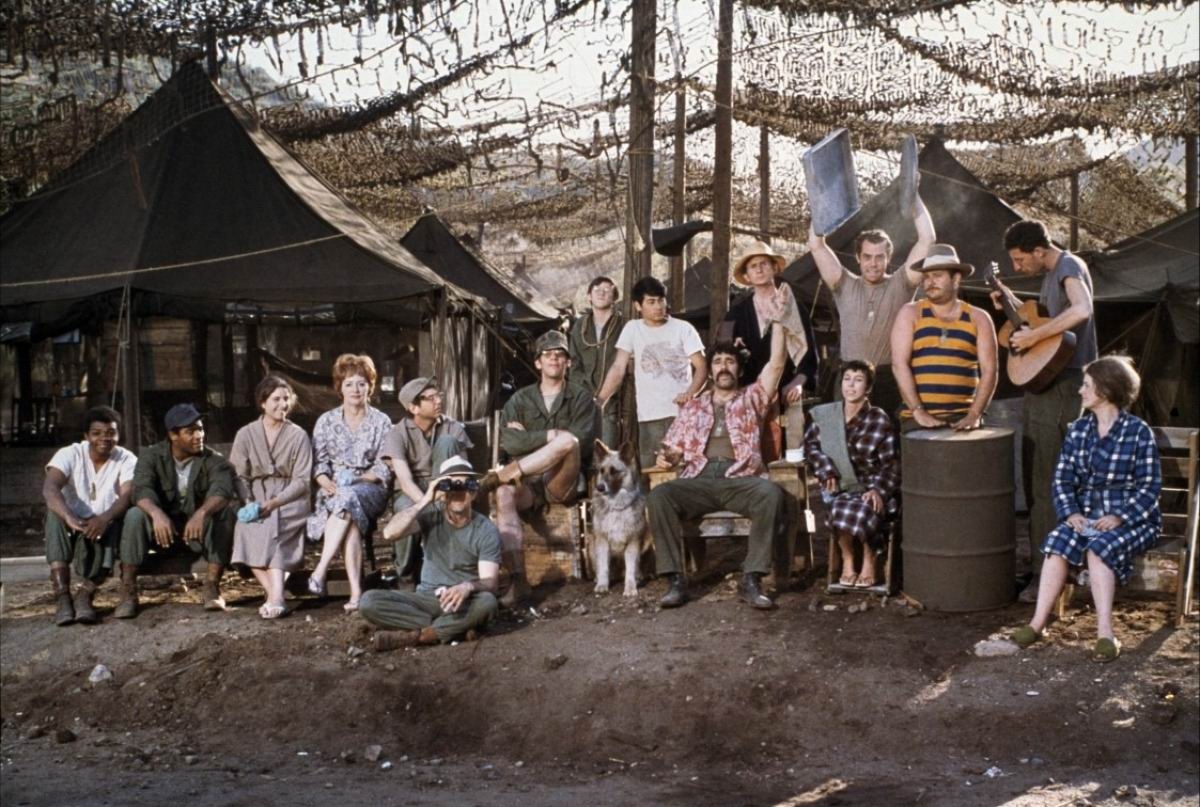
Best known as the basis of the critically acclaimed and long-running television series, “MASH” is a series of vignettes surrounding the day-to-day life of a group of medical personnel in Korea during the Korean War. These vignettes are comedic examinations of military life.
The film tackles the horror of war and immoral behavior of those stationed in the Army, but does so in a way that never feels preachy and is always funny. The film is very much character driven, focusing more on the actor’s performances as opposed to traditional story structure.
A hit in its time, “MASH” seems to have faded from most of the public’s memory, becoming overshadowed by the television series. While the series was entertaining, it often lacked the satire and situational humor that made the film so great. “MASH” is essential viewing for any fan of Robert Altman or the television series.
3. Ace in the Hole (1951, Billy Wilder)
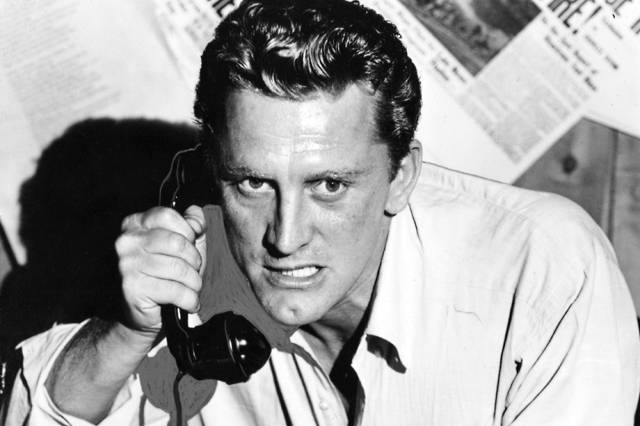
“Ace in the Hole” is one of the more underrated works of Billy Wilder. Originally released under the title “The Big Carnival”, it failed at the box office and received negative reviews from critics, but nowadays it’s viewed as an unappreciated gem in the director’s filmography.
The story focuses on Chuck Tatum (Kirk Douglas), a self-centered and disgraced reporter working for an Albuquerque newspaper. After an uneventful year, Tatum learns about a man trapped in a collapsed cave. Tatum sees this as the perfect assignment and convinces the rescue team to prolong the rescue so the man will remain relevant in the news. The situation spirals out of control when the rescue site becomes a carnival celebrating the man.
The film tackles the unethical practices of the press and its exploitation of the public. Absolutely ruthless in its cynicism, “Ace in the Hole” hasn’t aged since its release 65 years ago owing to Wilder’s biting script and Kirk Douglas’ cynical performance.
2. Network (1976, Sidney Lumet)

A film that has what is considered to be one of the greatest screenplays of all time, “Network” focuses on Howard Beale, a longtime news anchor (Peter Finch in a performance that posthumously won him an Oscar) who learns he is about to be let go due to low ratings. The next day, he threatens to kill himself on air, which results in his termination from the network.
After allowing him a dignified farewell, Beale launches into a rant about how life is “bullshit”. Beale’s controversial rant causes the network’s ratings to skyrocket, which they use to their advantage and keep Beale on the air and exploit his deranged rants for profit.
In the 40 years since its release, “Network” feels prophetic with the script seemingly predicting reality television. The film uses relentlessly dark humor to criticize the media and the executives who treat it as nothing more than a profit center.
The film plays like a joke using narration in its opening scene to set it up, and again in its final scene to deliver its viciously dark punchline. “Network” taps into the dark side of the television industry in a way that’s both funny and original, which makes it a classic of American cinema.
1. Dr. Strangelove (1964, Stanley Kubrick)

Despite the subtle humor present in most of Stanley Kubrick’s filmography, “Dr. Strangelove” was the director’s only foray into comedy. Originally intended as a drama based on Peter George’s “Red Alert”, a novel speculating the effects of nuclear war, Kubrick, who thought the source material was absurd, opted to make a comedy instead.
The story concerns an insane general (Sterling Hayden) who orders a nuclear assault on Russia. The film follows the efforts of the president (Peter Sellers) and his advisors, including the titular Dr. Strangelove, an ex-Nazi scientist whose hand possesses a mind of its own (Peter Sellers again) to stop the attack. Meanwhile, the general’s executive officer (Peter Sellers in a third role) attempts to persuade the general into giving him the recall code while struggling with the general’s incoherent remarks and insanity.
Kubrick took many shots at many Cold War attitudes with a significant focus on nuclear war and those who orchestrate it. By using his trademark black humor, Kubrick shows us the ridiculousness of nuclear war. Due to its witty script and hilarious three-way performance from Sellers, “Dr. Strangelove” is a highpoint in Kubrick’s brilliant filmography.
Author Bio: Raine is a cinephile and aspiring filmmaker living in St. John’s, Newfoundland and Labrador. He enjoys films from all countries, genres and eras, but is especially fond of the New German Cinema films of the 70s.